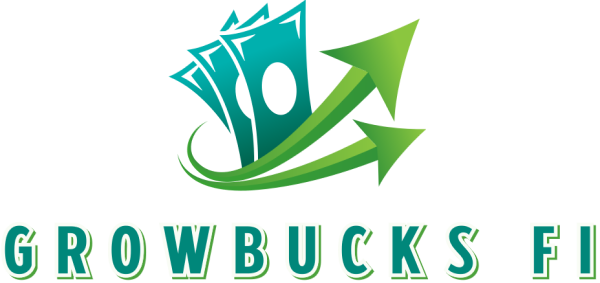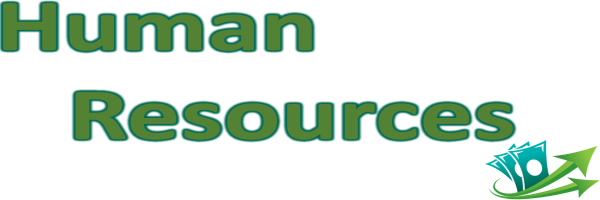Starting a new job is challenging, so we wanted to give some advise especially for our teen readers and new grads, but also this is for anyone. Having a resume is key. For teens who may be getting their first job a lot of things count that we forget about. I would include babysitting, volunteering, things outside your house that show you are responsible. For our college grad readers, list your past jobs to show your work history and if your degree is relevant to the position you are applying for make that at the top of your resume and put your work history after. If your work history better relates to the job you are applying for, put it first.
Contact, Contact, Contact
After the interview, allow the employer time, but make sure they can reach you. Be sure you are checking messages on job boards, be sure you are checking your voicemails (not everyone will text you), check your email accounts including spam/junk folders. A lot of things we have heard is people are no longer checking voicemails or emails, everything is text and socials now, but employers haven’t navigated that yet so you need to be prepared for them to reach you within their means.
What Documents Do I Need?
It varies a bit, but the most common documents are going to be I-9. I-9 refers to documents that prove your identity and eligibility to work in the United States. For example, a US passport proves both but if you don’t have one you can use a photo ID such as a driver’s license and another document that proves where you were born such as your social security card or birth certificate. If you have questions, the government has a great site about these documents if you Google “Form I-9 acceptable documents”. Every company will have their own onboarding documents, so it is hard to predict what to expect from that.
Knowing Benefits (if offered)
Benefits are a challenge. Each company offers different things. Review your situation and the benefits offered. If they offer a retirement fund such as 401k or 403b see if they match and if they do, take it; do not give away that free money.
The First Day
Relax. It is an exciting time. You will learn more about your role, your team and employer. The first day could look totally different from one place to a next. Just be sure you follow their dress code or the expectation they give you for the first day.
Note about Start Date and Hire Date
Most people assume your hire date is the day you are hired and start date is the day you actually begin working. However, most employers see the start date as the hire date and this tends to go back to the I-9 rules. If you don’t know which date to use, ask the hiring manager or HR person.

